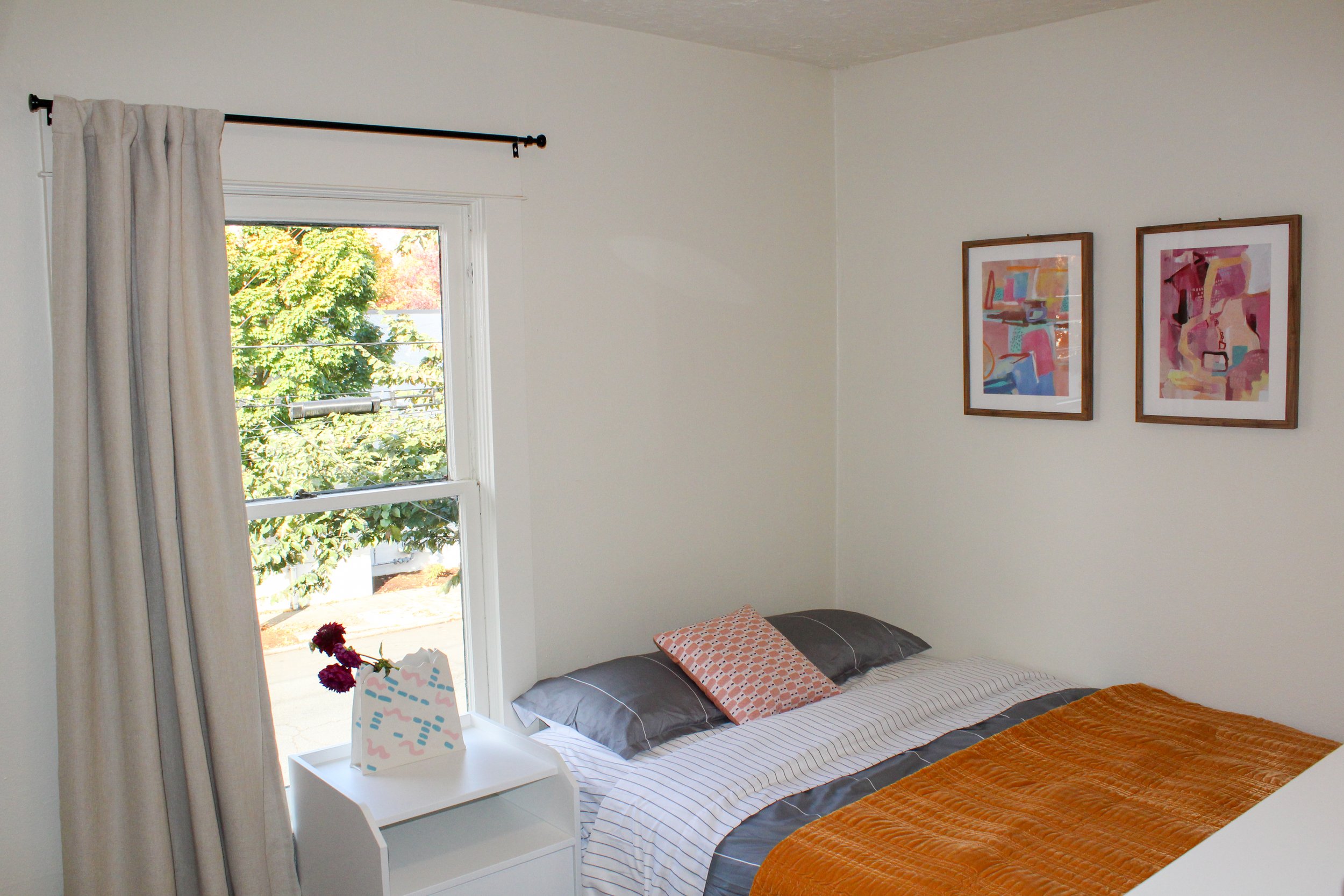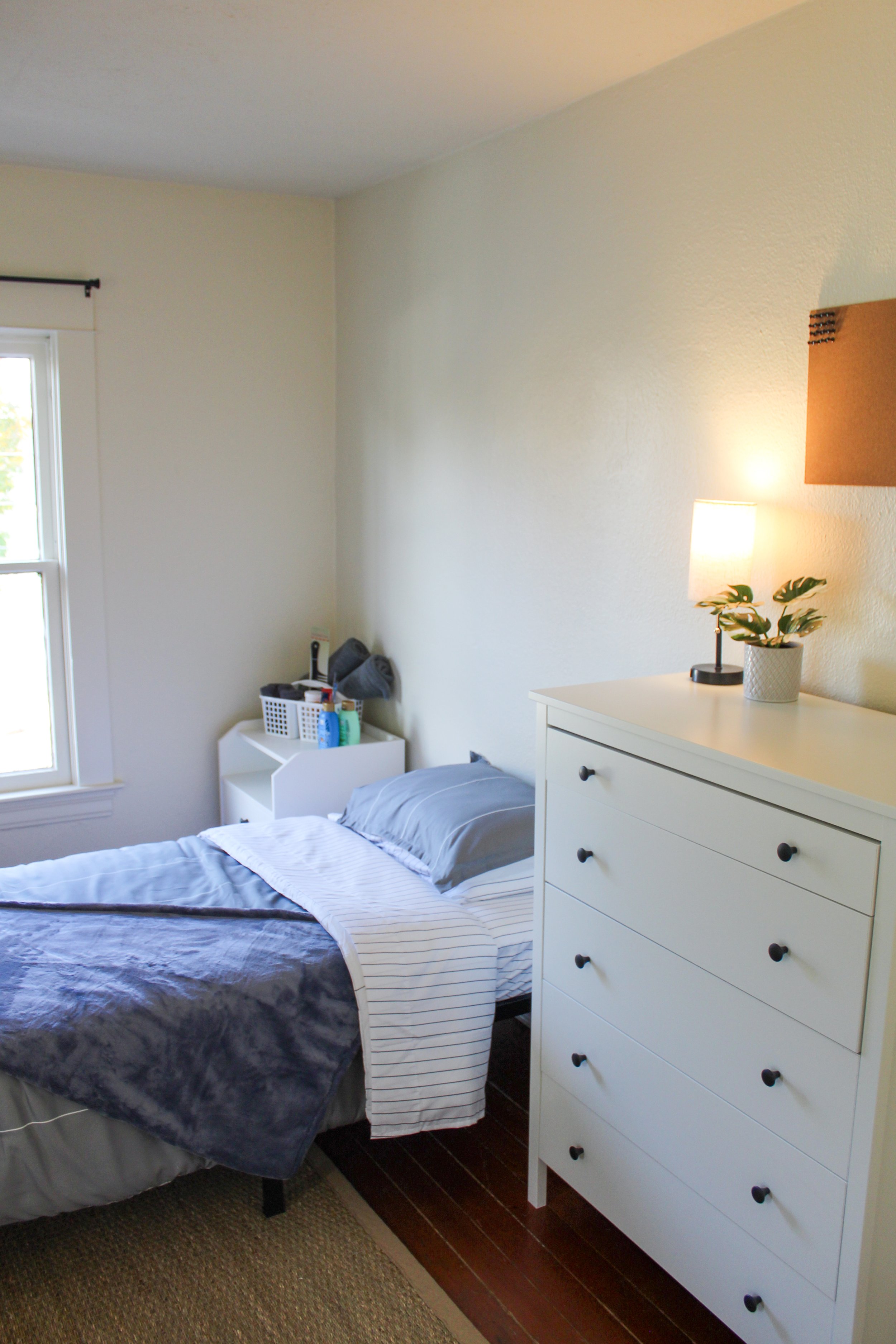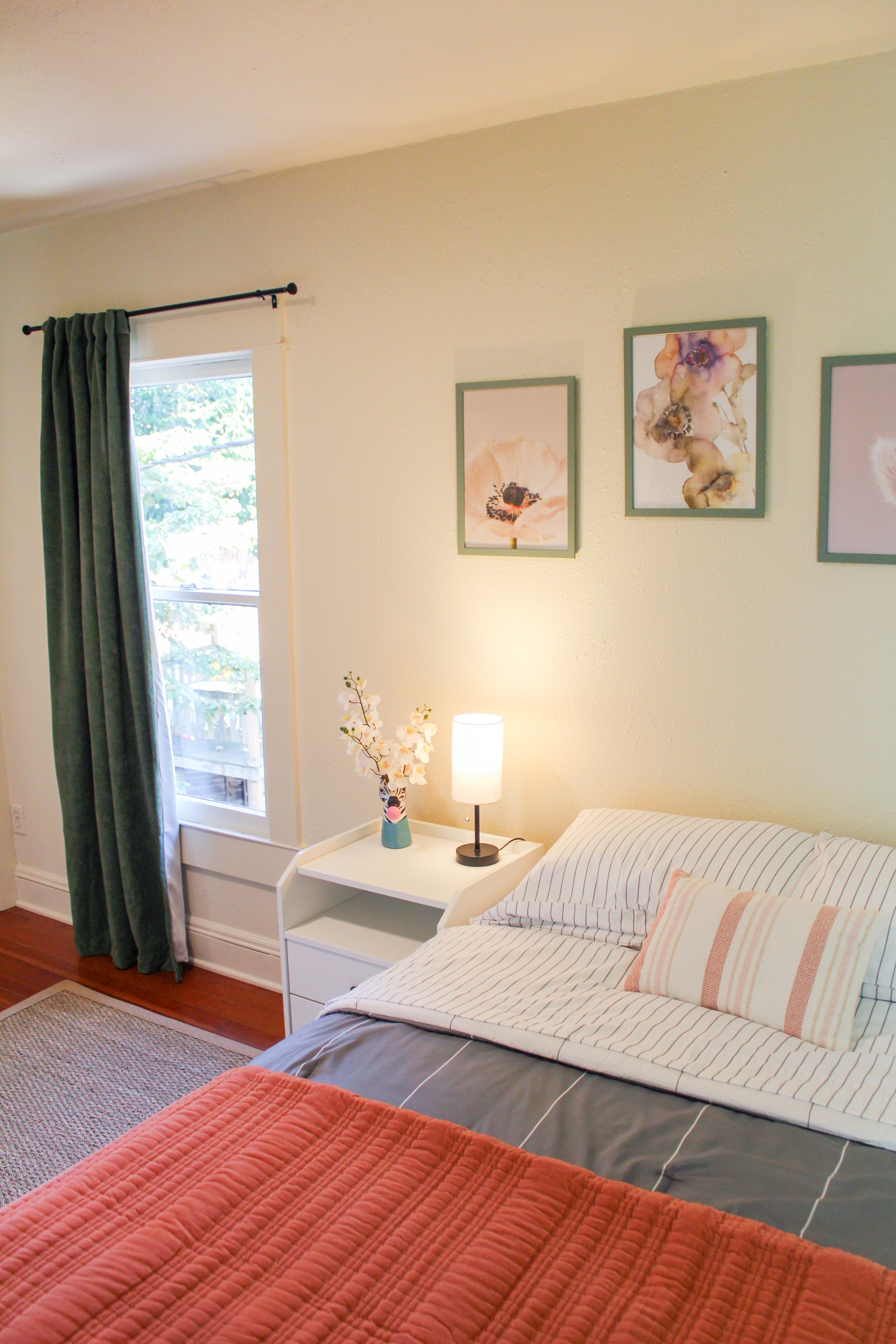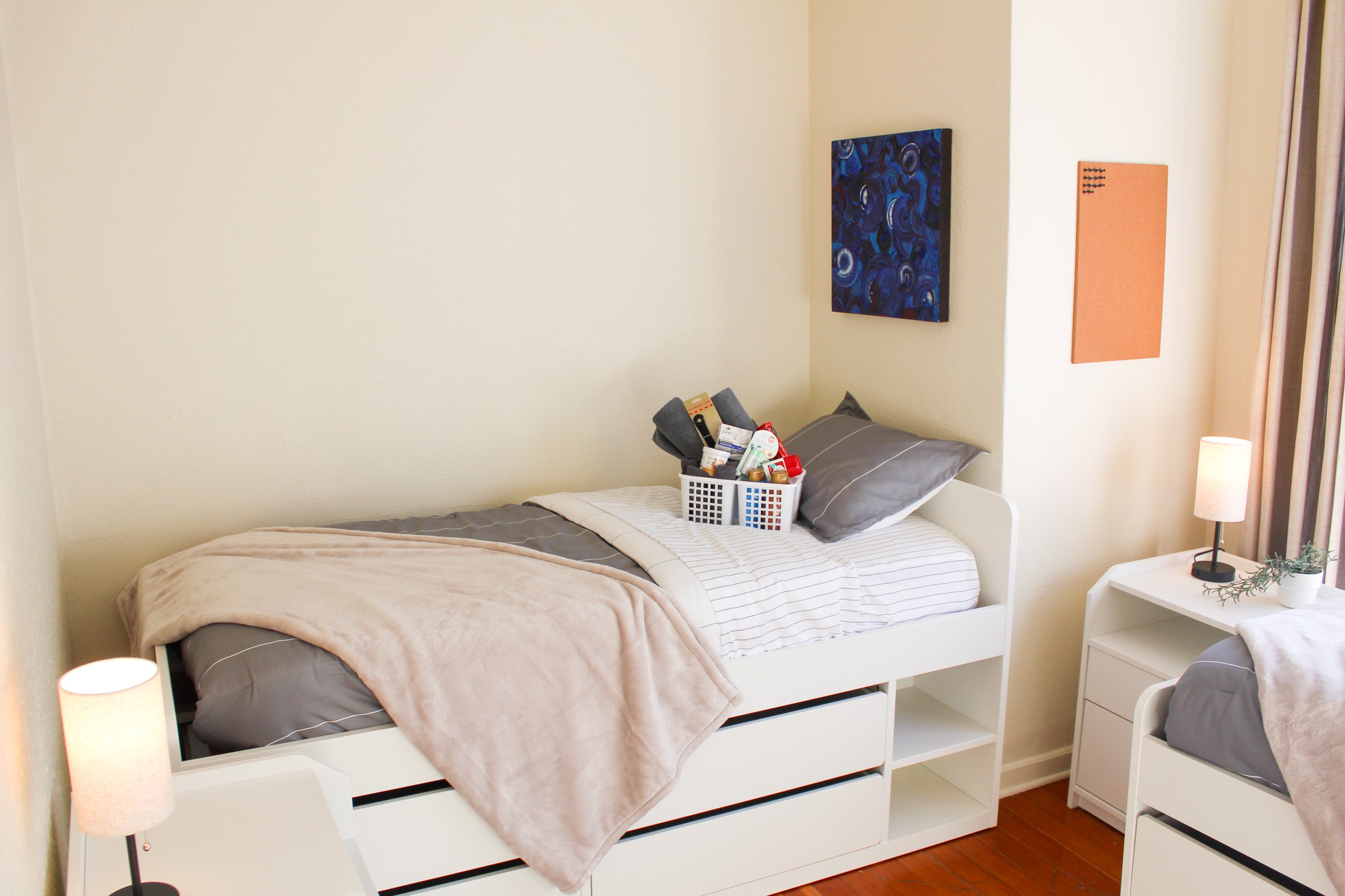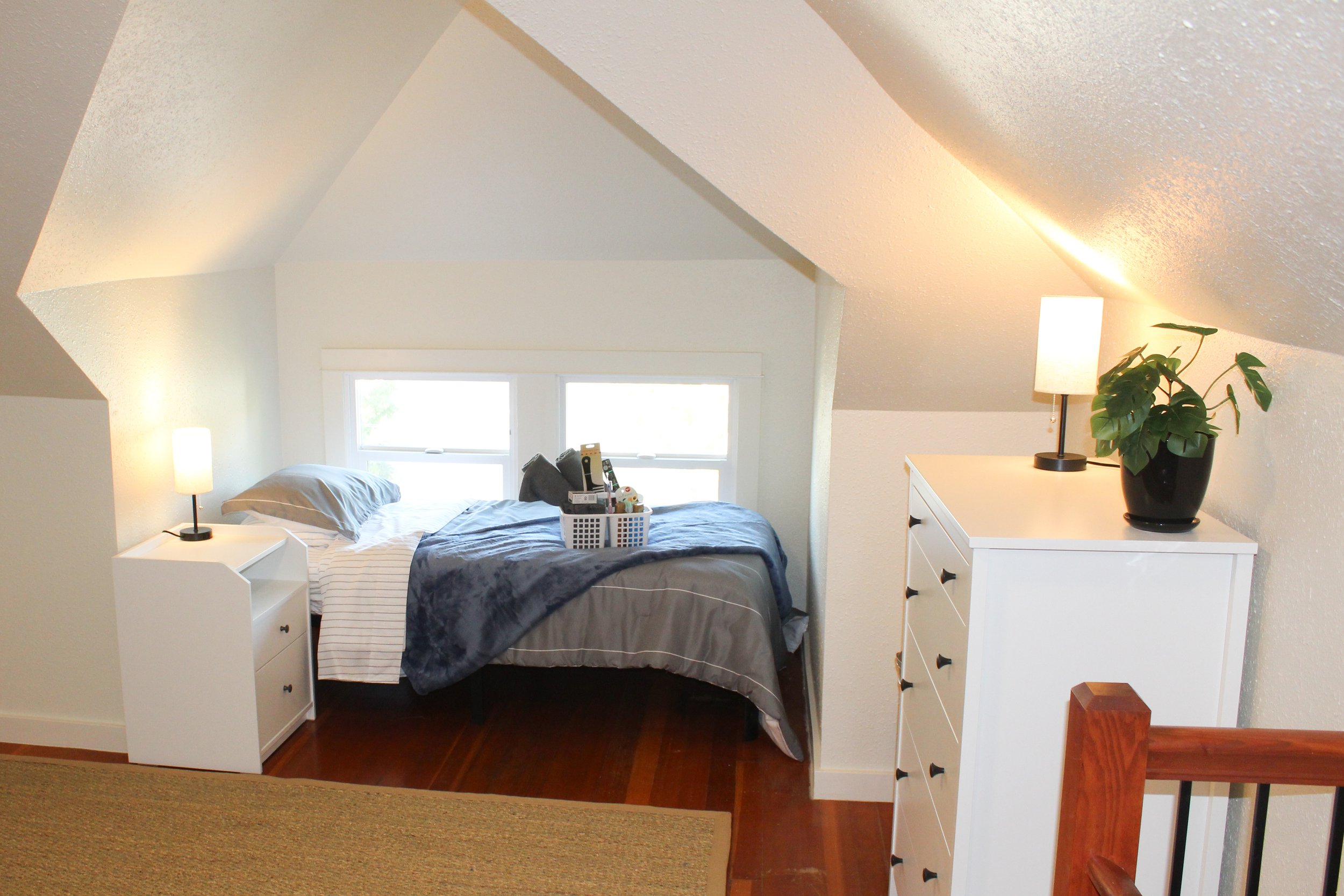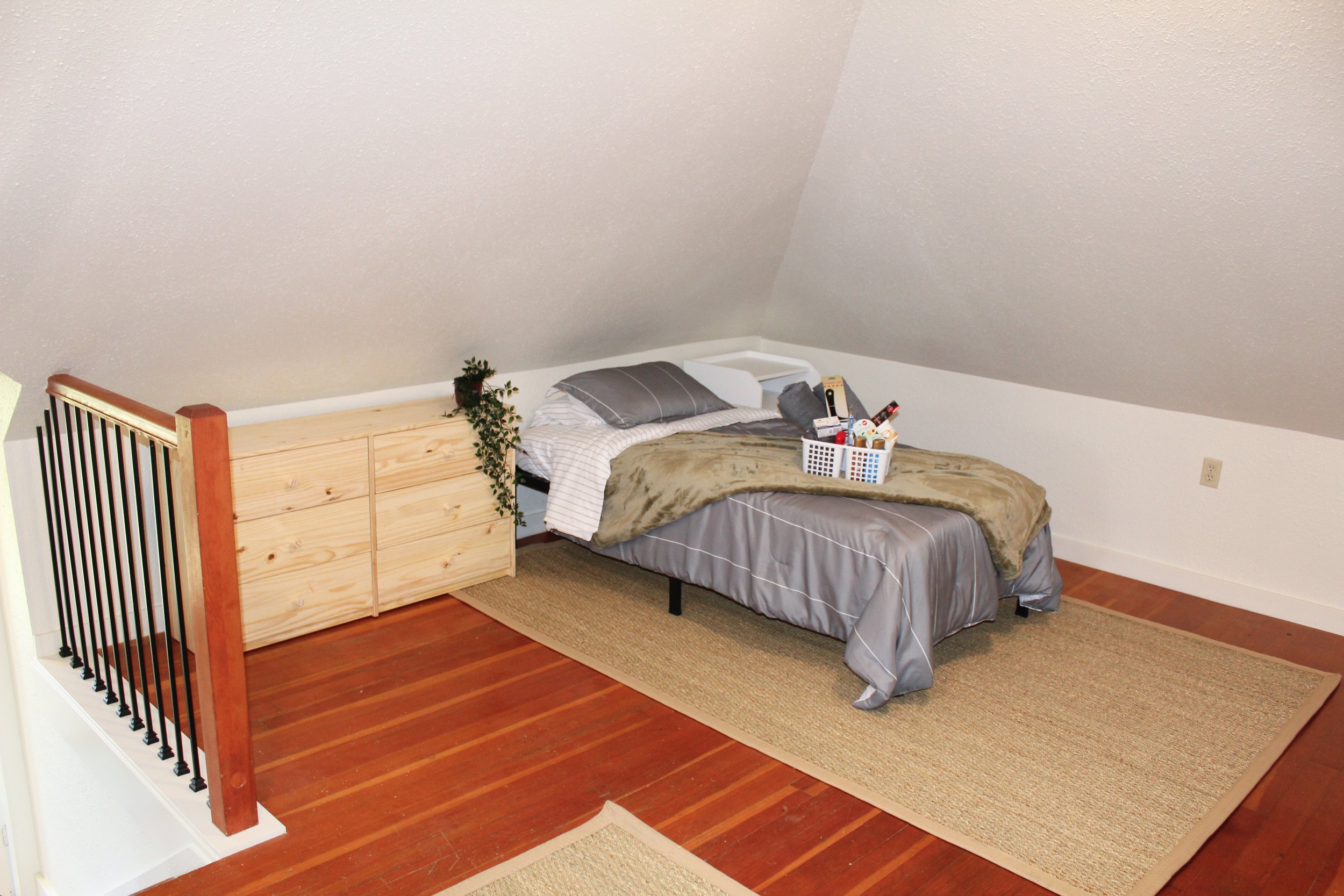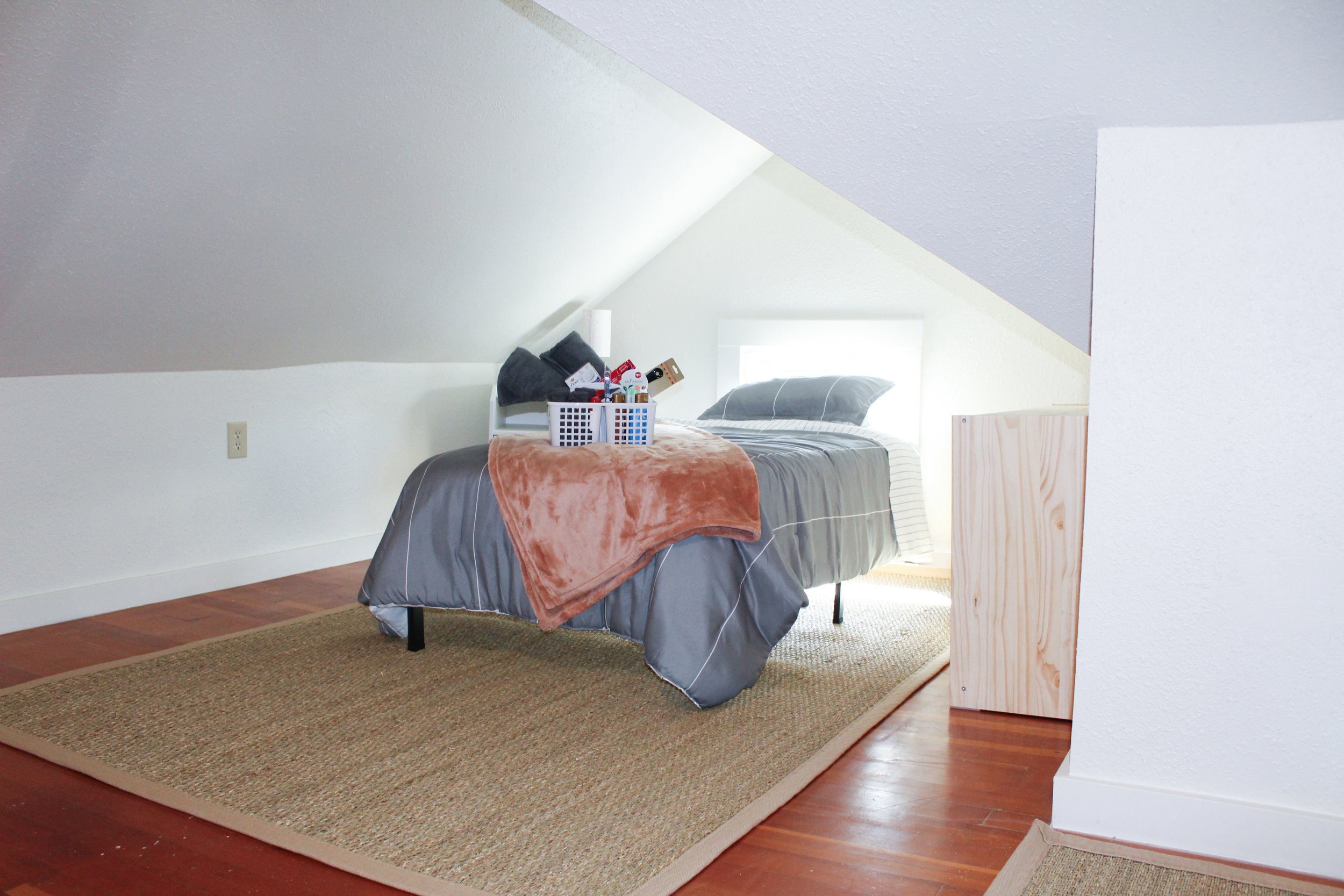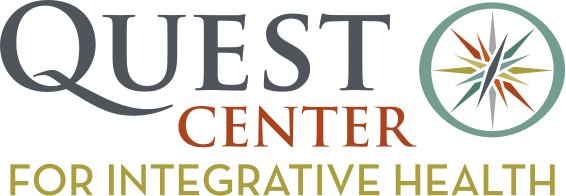
SUD Transitional Housing
For Individuals Engaged in Quest Center’s Outpatient Recovery Program (FSR)
The Foster House
The Foster House is a partnership between Bridges to Change and Quest Center for Integrative Health. Quest House is culturally specific supportive recovery housing for LGBTQIA2S+, HIV+ and non-binary individuals currently engaged in outpatient alcohol and drug treatment at Quest Center.
The Lents House
The Lents House is a partnership between Bridges to Change and Quest Center for Integrative Health. The Lents House is open to individuals of all identities currently engaged in outpatient alcohol and drug treatment at Quest Center.
The Woodstock House
The Woodstock Recovery House is the third addition to Quest Center’s housing program, but the first to be fully owned, operated, and staffed by Quest Center. The purchase of the house was made possible with 80% funding provided through the Multnomah County Behavioral Health Division in partnership with Metro Supportive Housing Services Program. The Woodstock House provides transitional housing for individuals in recovery programs, prioritizing LGBTQIA2S+ and BIPOC individuals.
Quest Center offers transitional, culturally-responsive recovery housing for clients in our FSR Program.
Offering housing alongside substance use disorder (SUD) treatment programs significantly increases the likelihood of maintaining long-term recovery. For underserved populations in recovery, finding supportive housing can be challenging due to systemic barriers such as: criminal records, employment and rental history, credit scores, and lack of stable income.
Quest Center is proud to offer 3 Housing Options:
The Foster House is a partnership between Bridges to Change and Quest Center for Integrative Health. Foster House is culturally specific supportive recovery housing for LGBTQIA2S+, HIV+ and non-binary individuals currently engaged in outpatient alcohol and drug treatment (FSR or TRI) at Quest Center.
The Lents House is a partnership between Bridges to Change and Quest Center for Integrative Health. The Lents House is open to individuals of all identities currently engaged in outpatient alcohol and drug treatment at Quest Center.
The Woodstock House provides transitional housing for individuals in recovery, prioritizing LGBTQIA2S+ and BIPOC individuals.
Quest Center’s Woodstock House is proudly accredited by the National Alliance for Recovery Residences.
Quest Center’s housing model centers on empowering residents to achieve long-term stability. Each resident will work closely with a Housing Case Manager to develop a personalized Client Housing Action Plan (CHAP). This plan will identify and address individual barriers to obtaining and sustaining permanent housing. Activities in the plan include graduating from a “Rent Well” class, meeting with a peer support specialist, and participating in weekly recovery meetings. Graduates will continue to have access to individual sessions with their substance-use counselor for 6 months post-grad, as well as continued access to acupuncture treatments and skills groups.
At the heart of our housing is Quest Center’s dedication to put community at the forefront of healing. The intimate housing model fosters a supportive environment where residents can develop communal living skills and learn to maintain a household.
We proudly prioritize LGBTQIA2S+ and HIV+ clients in our housing availability.
Research suggests LGBTQIA2S+ people — and most prominently transgender people — experience higher rates of substance use disorder, depression, and other mental health conditions. These are often directly tied to stigma, discrimination, and family rejection. Finding supportive housing while engaging in treatment can be extremely difficult for these community members. A lack of housing can hinder one's success in early recovery.
Our hope is to improve housing and health outcomes by reducing the risk factors that lead to homelessness for these historically marginalized communities. Early recovery can be painful and isolating, often necessitating a departure from known places and people. This can help individuals break the cycle of addiction in their lives.
What are recovery houses?
Recovery houses are facilities that provide safe and supportive living environments for those exiting substance abuse rehabilitation programs. They are temporary living arrangements that offer individuals a transitional space between their program and a more permanent residence.
What are the qualifications to engage in recovery housing at Quest Center?
Must be engaged in outpatient substance use treatment through Quest Center. Residents of the Woodstock house must be engaged in an outpatient substance use treatment program, either through Quest Center or an organization of their choice.
Provide a toxicology analysis free from drugs and alcohol.
Attend House meetings, UA’s, all meetings with Housing Case Manager and immediately report any changes that affect your Client Housing Action Plan.
Complete assigned chores daily. This includes your bedroom.
Arrive on time for curfew.
Graduate 'Rent Well’ classes
Meet with a Peer Support Specialist 2x per month
Participate in all recovery activities each week. (Three of these activities are required to be in-person outside recovery meetings.)
Record all meeting attendance on meeting slip and turn into HCM weekly at House Meeting for which attendance is mandatory.
How long can I stay in transitional housing?
The length of stay for Quest recovery housing residents is approximately 6 months.
During their tenancy at Quest Housing, individuals work with the Housing Case Manager to develop a supportive housing plan that identifies and supports the removal of barriers they experience to obtaining and sustaining permanent housing.
How do I inquire about transitional housing at Quest Center?
For more information contact the Housing Case Manager at 503-238-5203 or complete a Client Interest Form.
You can also click on this link to learn more about FSR addiction services.
To access Quest's housing services, individuals begin by attending an initial meeting with a Quest peer known as a 'Meet and Greet'. This meeting's purpose is to complete intake paperwork, discuss housing eligibility and allow the individual to make an informed decision about moving into the house. To be eligible for recovery housing at Quest an individual must have engaged in SUD outpatient services and provide a toxicology analysis free from drugs and alcohol.
Photos from Quest Center’s Woodstock House










